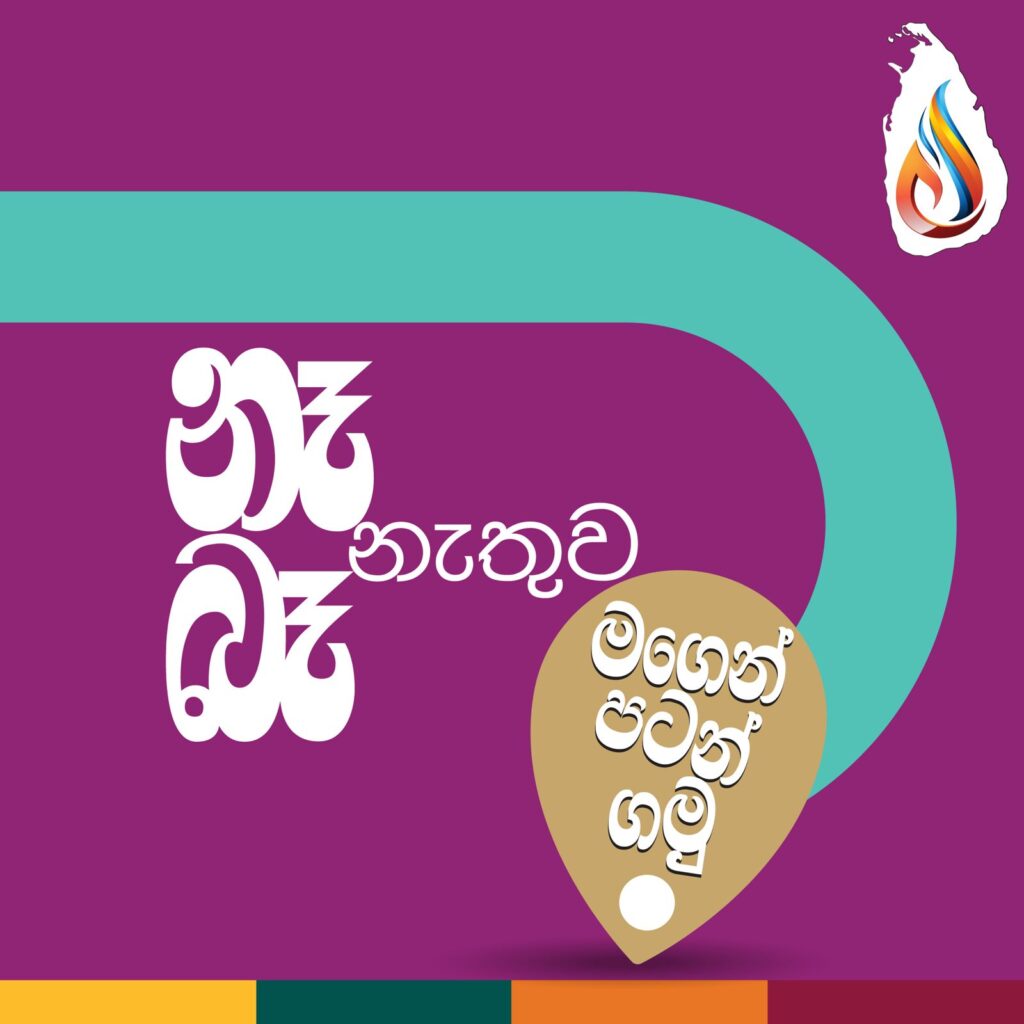By: Staff Writer
September 23, Colombo (LNW): Anura Kumara Dissanayake was sworn in as the new President of Sri Lanka at a simple ceremony, signaling a shift in the nation’s political landscape. His election is seen as a “vote for change,” with his leftist and Marxist platform resonating with voters after the country’s economic crisis in 2022. Dissanayake won 5.6 million votes, or 42.3%, marking a significant improvement from his 2019 performance.
Sri Lanka faces a precarious economic situation, recovering slowly from a devastating crisis in 2022. Key fiscal challenges remain, such as deciding whether to adhere to the IMF’s Extended Fund Facility (EFF), adjust fiscal policies, or renegotiate the IMF program.
The nation continues to grapple with austerity measures like tax hikes, wage freezes, and subsidy cuts, which have stabilized the economy but also hurt the most vulnerable. Economic recovery has been slow, with jobs being created but the cost-of-living crisis leaving lasting damage on low- and middle-income households.
Dissanayake’s presidency will confront significant challenges, particularly in reducing unemployment and boosting economic growth. Unemployment, especially among youth, remains high at 20.2% in 2023, compared to the national average of 5.4%. Sri Lanka’s skills gap, lack of infrastructure, and energy shortages hamper growth. To facilitate recovery, the country needs a $12 billion investment in infrastructure over the next decade.
Gender inequality is another pressing issue. Although Sri Lanka scores high in gender equality indices, women face barriers in education, healthcare, and employment. Gender roles, entrenched in patriarchal norms, restrict women’s participation in public and private spheres.
Women make up about half of the workforce but often find themselves in low-paying, informal jobs. These challenges are even more pronounced for women from marginalized communities, especially in rural areas. The Global Gender Gap Report ranked Sri Lanka 108th out of 146 countries, reflecting ongoing inequalities in economic participation.
To address these challenges, Dissanayake is expected to pursue comprehensive reforms. His strategy will focus on fiscal reforms to manage public debt, foster foreign investment in tourism, renewable energy, and technology, and create targeted youth employment programs.
He also aims to bridge gender disparities by promoting equal pay, anti-discrimination laws, and gender-sensitive hiring practices. Key policies include improving education and vocational training for women and implementing family-friendly workplace policies like parental leave and childcare.
Dissanayake’s vision includes enhancing women’s political participation, empowering them economically through microfinance, and increasing their representation in governance. His presidency is expected to focus on long-term solutions to Sri Lanka’s deep-seated economic issues while promoting gender equality and sustainable development.
By prioritizing internal strategies alongside international cooperation, Dissanayake’s administration can help rebuild a more stable and inclusive Sri Lanka.


